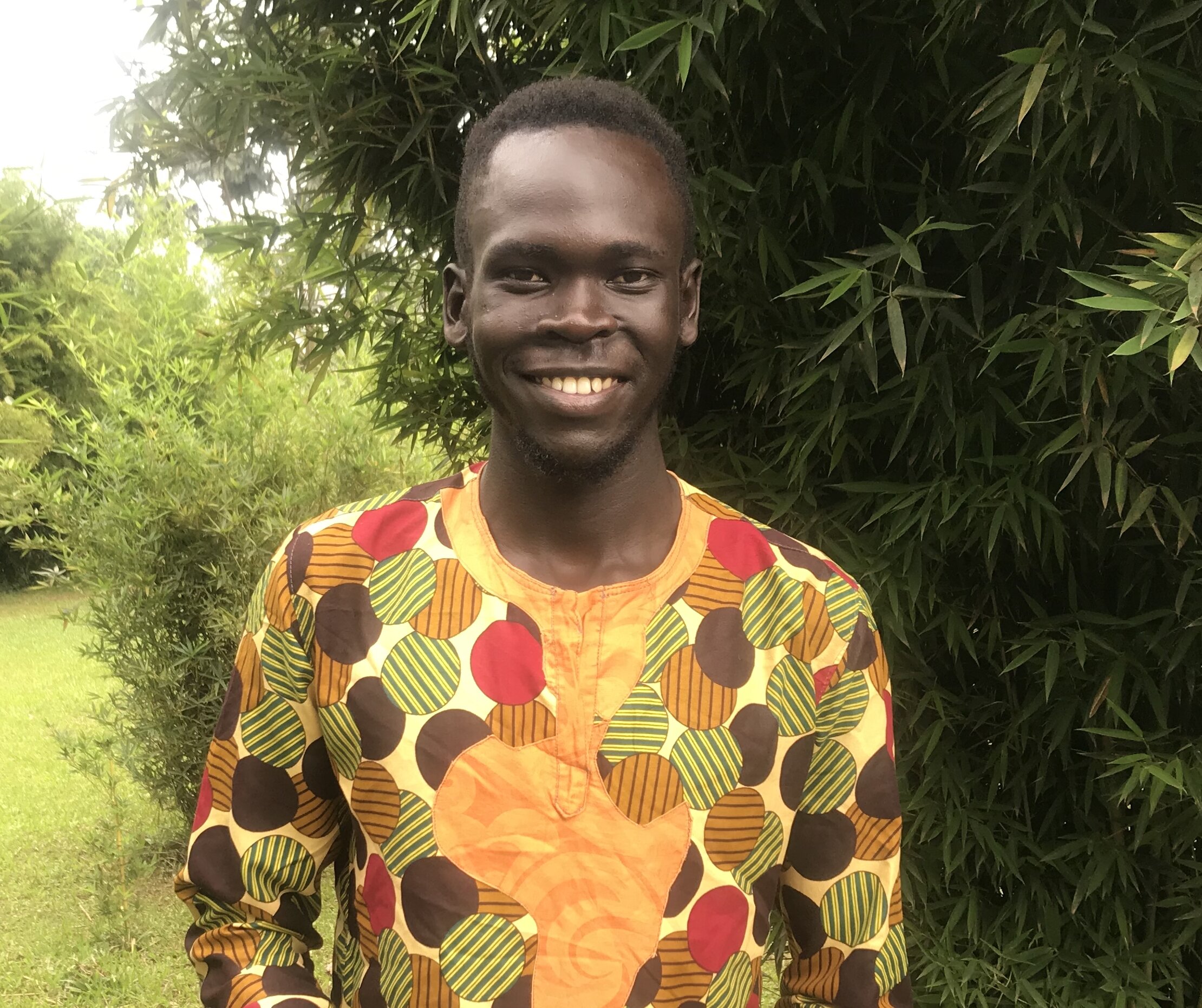Pollinators For Our Survival Webinar Series Summary
Pollinators are fundamental for the conservation of biological diversity, adaptation and sustenance of human food production systems to climate change. Pollinators play a highly crucial and increasing role in the food production process. The production volume of pollinator-dependent crops has increased threefold over the last five decades (Promote Pollinators, 2016), making us more dependent on pollination. These crops, including fruits and vegetables are essential for human diets, health and nutrition, since they provide us with vitamins and minerals. Additionally pollinators such as bees entail highly rich value chains that significantly contribute to the socio-economic well-being of most farmers and local communities.
The Youth4Nature pollinator webinar series drew a great deal of focus towards the significance of pollinators responsible for the survival and existence of our food systems, and ultimately for humanity. The three packed series took a deep dive into the significance of pollinators; further taking into account their conservation value and status in a 21st century World.
This series as well brought together serial expertise from experts in the fields of academia, businesses and community practitioners to examine in detail various aspects and focus areas of discussion as in the three unique sessions.
Please fill in our short feedback form about the webinars. We would love to continue delivering meaningful projects for you and so we value your insights.
A beautiful and informative journey from December 2020 where we hosted a diverse group of panelists from Tanzania, the Netherlands and Italy. The academic lenses of linking pollinators protection to community livelihoods and resilience was a strong highlight from Mr.Dauro Mattia Zocchi, a scholar at the University of Gastronomic Sciences of Pollenzo, Italy. A young beekeeper Ms. Nynke Blömer, founder of pollinator ambassadors organisation, shared her journey in beekeeping, challenges faced and ways of sustaining bees and other pollinators. Mr. Ghaamid from Tanzania, and regional coordinator of EarthDay, explored the importance of citizen science projects in society, so as to help people develop an interest in pollinators, identify them and create an opportunity for them to survive through mapping them. Pollinators for our survival - let us go back to where it began and the key lessons we derived from the session, here.
Even as we delved into this topic, we could not be blind to the reality of pollinator populations drastically being wiped out both by anthropogenic(human-induced) and natural factors. So in our second of the 3-part webinar series, we sought to learn on factors driving the loss of pollinators, and offer some solutions that can halt the trend and enhance their protection and survival. From Zambia, panel member Ms. Elizabeth Gulugulu alluded to the harm left through intensive chemical practices in farms and indiscriminate handling of ecosystems. This has altered many species and impacted on pollination. To further the conversation, Mr. Leonard Twahirwa from Rwanda noted just how much of an impact polluted ecosystems pose on pollinators. Loss of habitats, colony collapses and abandoned farms are just but some of the many impacts. Use of biological pest control mechanisms and organic fertilisers on farms, coupled with organic farming were some of the strategies to boost pollinators and ensure a balance in the environment.
For more from The state of pollinators in polluted environments, check our reflection following the session, here.
To culminate our series, our third of the webinar series dwelt much on the practicalities around pollinators, how to deal with them and make sustainable enterprises at the same time. From safe handling of bee colonies to understanding the different roles within a colony, ensuring sustainable succession to monitoring the quality of colonies, honey testing ways among many others.
Check out the video above to learn more from the webinar, A Practical Approach to Pollinators, and scroll through our World Bee Day blog here.
Thank you for joining us on this journey! To learn more about what Y4N Africa is up to, check out our page. Be sure to follow along and stay engaged in the months ahead. More great knowledge-sharing and capacity building activities are coming soon!
Webinar curators
Special thanks to the dedicated individuals in team who made this whole journey possible;
Sources:
Promote Pollinators. “Promote pollinator.” https://promotepollinators.org, 2016. Accessed 29th May 2021.









